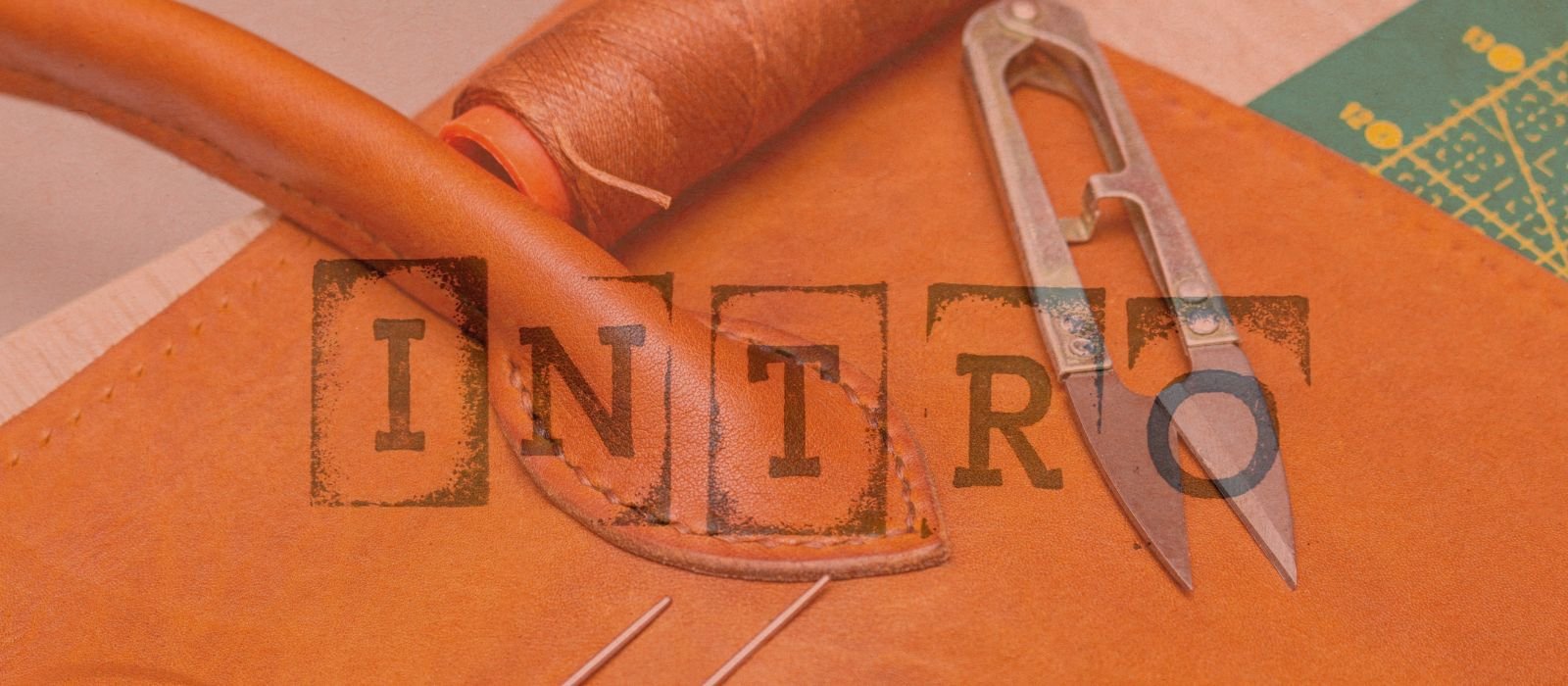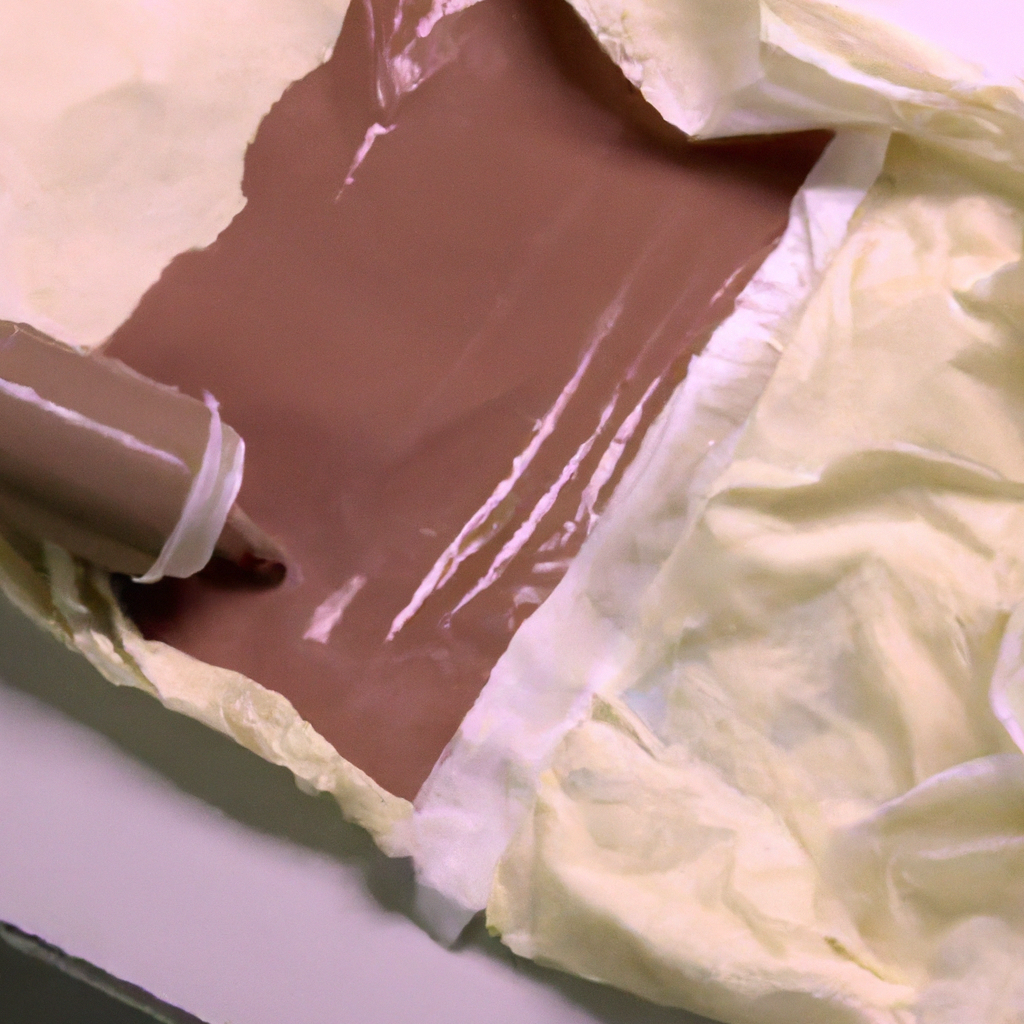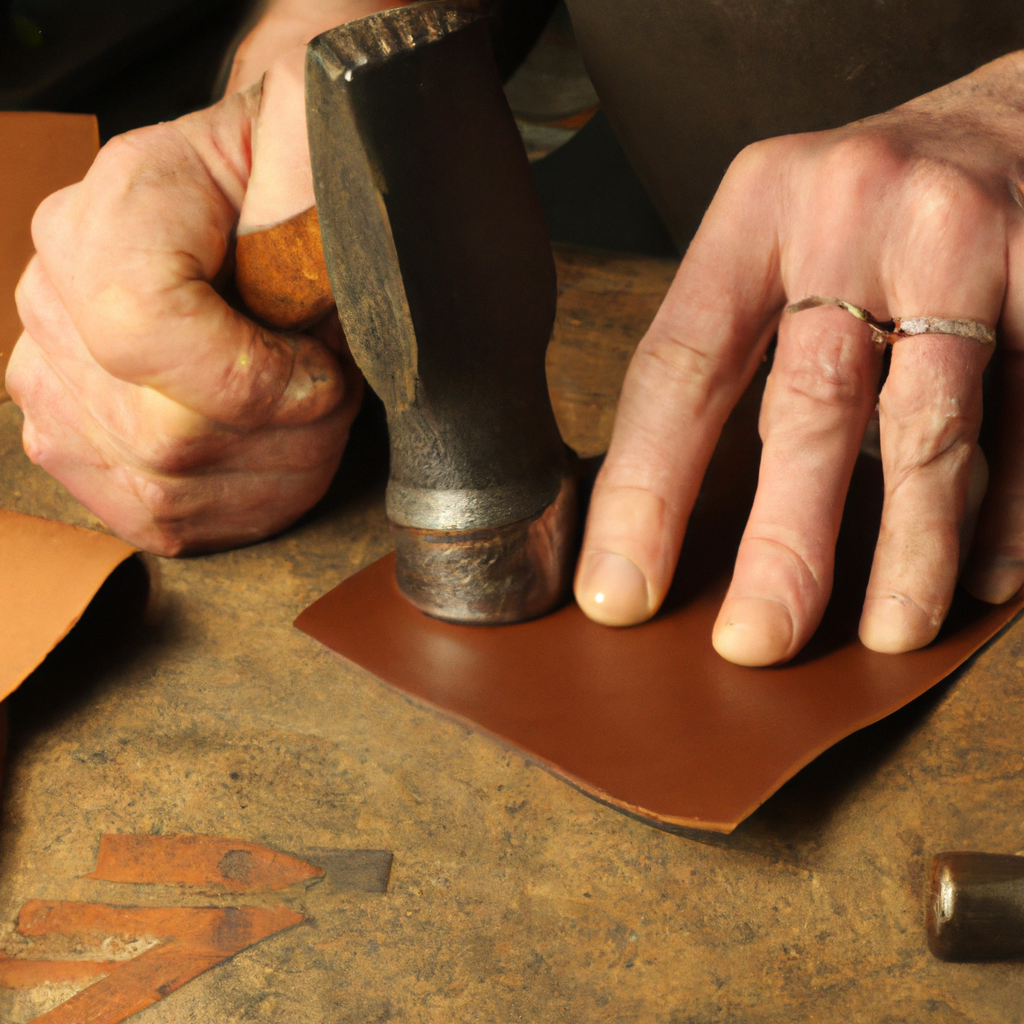Where Can I Find Additional Information on Machine Sewing Leather?
If you’ve ever been curious about machine sewing leather and wanted to expand your knowledge on the subject, then look no further! This article aims to provide you with valuable information on where you can learn more about this specialized skill. Whether you’re a beginner or someone with prior sewing experience, discovering the resources available to enhance your leather sewing skills is just a step away. Ready to embark on this exciting journey? Let’s get started.
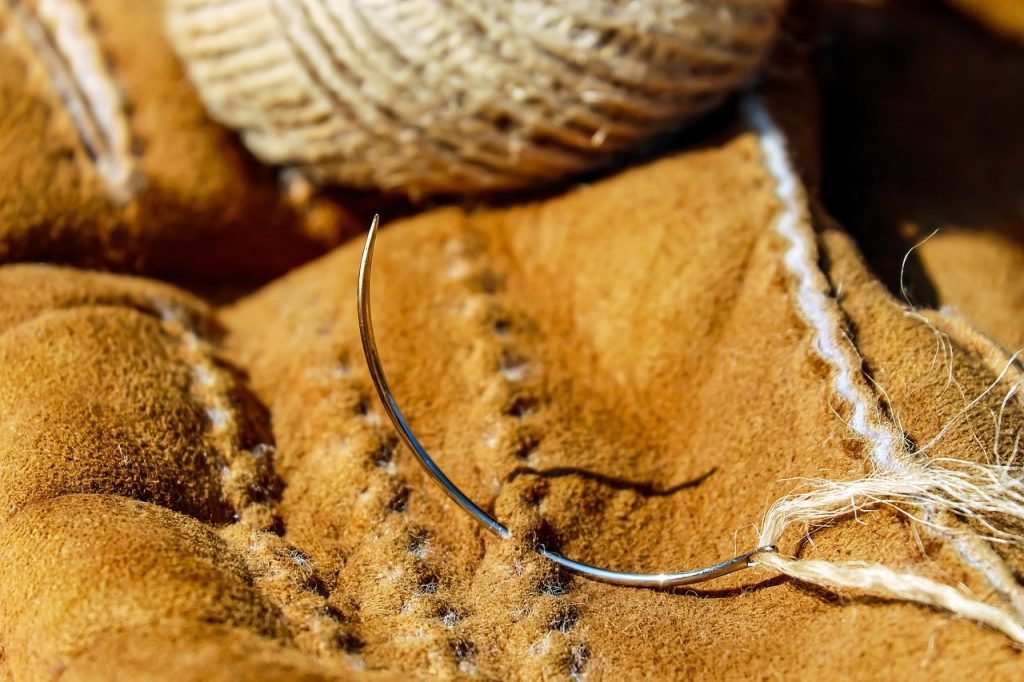
Online Resources
Websites
When it comes to learning leatherworking online, there are several websites that provide a wealth of information. These websites often offer tutorials, step-by-step guides, and forums where you can connect with other leatherworkers. Some popular websites for leatherworking enthusiasts include Leatherworker.net, Tandy Leather’s website, and Instructables. These sites cover a wide range of topics, from basic techniques to advanced projects, making it easy for beginners and experienced leatherworkers alike to find helpful resources.
YouTube Channels
YouTube is another great platform for learning leatherworking. There are numerous channels dedicated to teaching leather crafting techniques and providing inspiration. Some noteworthy channels include Nigel Armitage, High on Glue, and Weaver Leathercraft. These channels feature detailed tutorials, product reviews, and even live streaming sessions where you can interact with the hosts and ask questions. Whether you’re looking to master a specific skill or simply find some creative inspiration, YouTube is an excellent resource to explore.
Online Courses
For a more structured learning experience, online courses can provide in-depth instruction and guidance. Websites like Udemy and Craftsy offer a variety of leatherworking courses, ranging from beginner-friendly introductions to more advanced techniques. These courses often include video lessons, downloadable resources, and interactive assignments. Learning at your own pace from the comfort of your own home can be a convenient and effective way to expand your leatherworking skills.
Local Classes and Workshops
Craft Stores
Many craft stores offer classes and workshops on leatherworking. Stores like Michaels, Joann, and Hobby Lobby often have a dedicated section for leathercrafting supplies and equipment, and they frequently host events where you can learn from skilled instructors. These classes are a great way to get hands-on experience, ask questions, and interact with fellow enthusiasts. Keep an eye on your local craft store’s website or sign up for their newsletter to stay informed about upcoming leatherworking classes.
Community Centers
Community centers and adult education programs often offer affordable leatherworking classes for beginners and intermediate learners. These classes are usually taught by experienced instructors and cover a range of topics, from basic techniques to specific projects. Check with your local community center or adult education program to see if they have any leatherworking classes available. Not only will you enhance your leatherworking skills, but you’ll also have the opportunity to meet and connect with others in your community who share your passion.
Leatherworking Associations
Leatherworking associations, such as the Leathercrafters & Saddlers Journal Community, offer workshops and seminars to members. These events are a fantastic way to learn from professionals and network with other leatherworkers. Associations often have local chapters, so you can connect with leatherworking enthusiasts in your area. Additionally, they may have resources like newsletters, online forums, and directories of experienced leatherworkers who are willing to mentor beginners. Joining a leatherworking association is a great investment in your journey to becoming a skilled leatherworker.
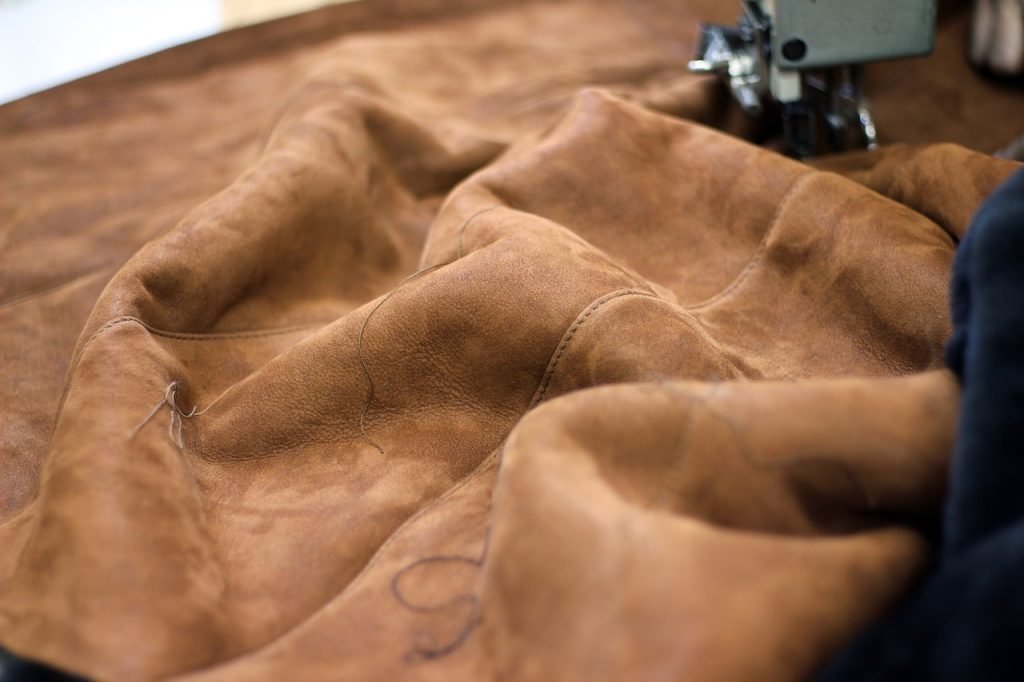
Leatherworking Books
Beginner’s Guides
If you prefer learning through reading and want a comprehensive guide to starting with leatherworking, beginner’s guides are a valuable resource. Books like “The Leatherworking Handbook” by Valerie Michael and “Leathercraft for Beginners” by Ross E. Bennett provide step-by-step instructions, illustrations, and helpful tips for beginners. These guides cover everything from selecting tools and materials to mastering basic techniques. Having a beginner’s book on hand can serve as a reference throughout your leatherworking journey and help you build a solid foundation.
Advanced Techniques
Once you’ve mastered the basics, you may want to delve into more advanced techniques. Books like “The Art of Leather Braiding” by Roy Luo and “Leatherworking Handbook: A Practical Illustrated Sourcebook” by Valerie Michael offer detailed instructions on advanced leatherworking skills. These books explore techniques such as tooling, carving, and advanced stitching methods. Whether you’re looking to create intricate designs or tackle complex projects, these advanced technique books will expand your creative possibilities.
Specific Projects
If you’re interested in creating specific leather goods, such as wallets, belts, or bags, there are books tailored to each of these projects. “Making Leather Bags, Wallets, and Cases” by Franziska Reichel and “Handmade Leather Bags & Accessories” by Elean Ho provide step-by-step instructions and patterns for various projects. These books not only guide you through the construction process but also provide valuable insights into design considerations, material selection, and finishing techniques. Working on specific projects from these books can help you refine your skills and create functional and aesthetically pleasing leather goods.
Leatherworking Trade Shows and Exhibitions
Annual Events
Leatherworking trade shows and exhibitions, such as the Leathercrafters & Saddlers Journal Expo and the Leatherworker’s Association of America Convention, provide a unique opportunity to meet industry professionals, attend workshops, and explore the latest tools and materials. These events typically feature demonstrations by skilled leatherworkers, competitions, and vendor booths where you can purchase supplies and equipment. Participating in annual events is a great way to immerse yourself in the leatherworking community and gain inspiration from experts in the field.
Local Fairs
Many local fairs and festivals often have sections dedicated to traditional crafts, including leatherworking. These events can be a treasure trove of knowledge, as you’ll often find leatherworkers showcasing their skills and selling their creations. Local fairs provide a chance to observe different techniques, ask questions, and connect with artisans in your area. Keep an eye out for fairs and festivals in your community and take advantage of the opportunity to learn from and support local leatherworkers.
Industry Conferences
Industry conferences, such as the Society of Leather Technologists and Chemists Conference and the Leather International Congress, focus on the technical aspects of leather production, manufacturing, and innovation. These conferences bring together experts from various fields, including tannery professionals, chemists, and researchers. Attending industry conferences can give you insights into the science behind leather and the latest developments in the field. While these conferences may be more technical in nature, they can provide a deeper understanding of leatherworking and its role in different industries.
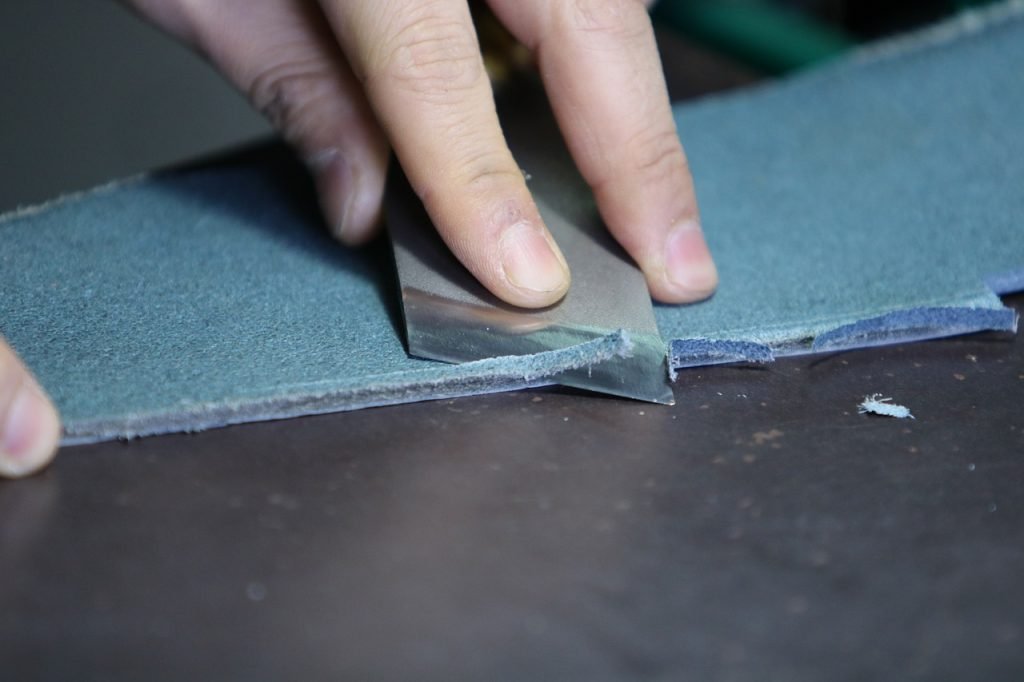
Social Media Communities
Facebook Groups
Facebook groups dedicated to leatherworking are an excellent place to connect with fellow enthusiasts, seek advice, and share your work. Groups like “The Leatherwork Guild” and “Leather Junkies” have active communities where members can post their projects, ask questions, and learn from experienced leatherworkers. These groups offer a supportive and engaging environment where you can find inspiration and receive feedback on your leatherwork. Joining relevant Facebook groups is a great way to expand your network and be part of a thriving online community.
Instagram Accounts
Instagram has become a popular platform for sharing visual content, including leatherworking projects. Following leatherworking-focused accounts like @leathercraftpatterns and @leatherprotection can provide a constant source of inspiration and allow you to connect with talented leatherworkers from around the world. Additionally, many leatherworkers share their processes, techniques, and tips through Instagram stories and posts, making it a valuable resource for continuous learning. By engaging with these accounts, you can learn from experienced leatherworkers and stay up to date with the latest trends in the leatherworking community.
Reddit Threads
Reddit offers a variety of subreddits dedicated to leatherworking, where you can find discussions, project showcases, and valuable advice. Subreddits like r/Leathercraft and r/Leatherworking have active communities that are willing to help beginners and provide feedback on projects. These threads are a great place to ask specific questions, get recommendations on tools and supplies, and learn about new techniques. By actively participating in these online discussions, you can gain insights from a diverse range of perspectives and improve your leatherworking skills.
Online Forums and Discussion Boards
Leatherworking Forums
Online forums dedicated to leatherworking, such as Leatherworker.net and Reddit’s r/Leathercraft, provide a platform for discussions, sharing knowledge, and seeking advice. These forums have sections dedicated to different topics, including beginner questions, advanced techniques, and project showcases. By actively participating in these forums, you can learn from experienced leatherworkers, connect with others who share your passion, and contribute to the community. The wealth of information shared on these platforms makes them an invaluable resource for expanding your leatherworking knowledge.
Sewing and Stitching Forums
For those interested in the sewing and stitching aspects of leatherworking, there are forums that specifically focus on these topics. Websites like SewForum.com and StitchersGuild.com have sections dedicated to leather sewing, where you can find discussions, tips, and troubleshooting advice. These forums are a valuable resource for understanding the intricacies of sewing leather and acquiring the necessary skills to create durable and aesthetically pleasing leather goods.
DIY and Crafts Forums
While not solely dedicated to leatherworking, DIY and crafts forums often have sections where leatherworking enthusiasts can share their projects and seek guidance. Websites like Craftster.org and Instructables have vibrant communities where members engage in discussions, share tutorials, and provide feedback on various craft projects, including leatherwork. Engaging with these forums can provide inspiration, foster creativity, and expose you to different perspectives and ideas beyond leatherworking alone.
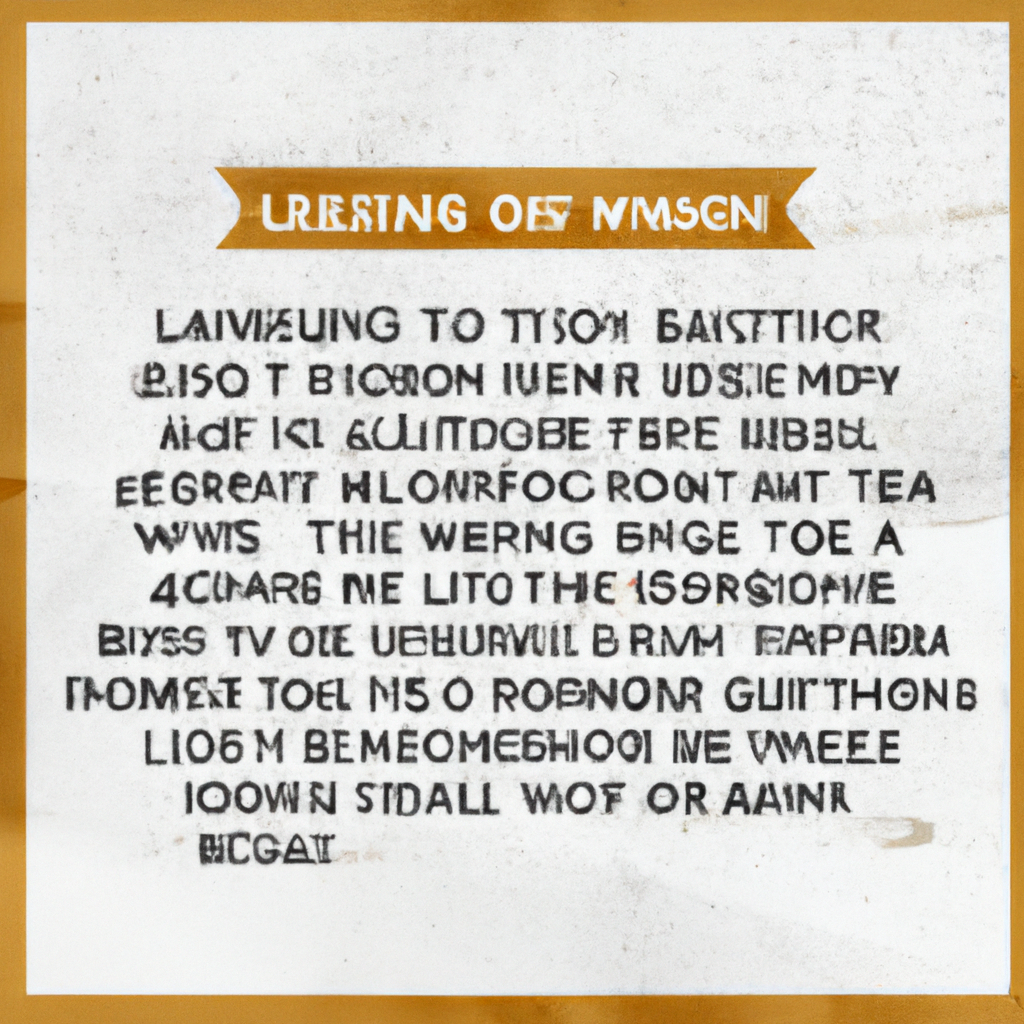
Specialty Leatherworking Schools
Design Schools
Some design schools offer specialized courses or programs in leatherworking that provide a comprehensive education in the craft. These schools often have well-equipped studios and experienced instructors who teach a range of techniques and design principles. Attending a design school can provide a structured learning environment and an opportunity to collaborate with other creative individuals. Look for design schools that offer courses or programs in fashion design, accessories design, or product design, as these often include modules on working with leather.
Art Institutes
Art institutes and colleges with strong art and crafts programs may offer courses or workshops focused on leatherworking. These institutes provide a creative atmosphere and access to a wide range of artistic resources. Whether you’re interested in sculpture, fashion, or multimedia art, these institutions can help you incorporate leather into your artistic practice. Check with local art institutes and colleges to see if they offer any courses or workshops in leatherworking or related disciplines.
Leatherworking Academies
Leatherworking academies, such as the Leathercraft Academy and the Maker’s Leather Supply Workshop, specifically focus on teaching the craft of leatherworking. These academies offer workshops and intensive courses that cover various techniques, from tooling and carving to pattern making and stitching. Attending a leatherworking academy provides hands-on training with expert instructors, access to professional-grade tools and equipment, and opportunities for networking with experienced leatherworkers. Investing in a dedicated leatherworking academy can accelerate your learning and help you develop a strong foundation in the craft.
Apprenticeships and Mentorship Programs
Leatherworking Studios
Apprenticeships at leatherworking studios allow you to learn directly from experienced artisans. By working alongside skilled craftspeople, you can observe their techniques, ask questions, and gain invaluable hands-on experience. Leatherworking studios often have structured apprenticeship programs or mentorship opportunities to help aspiring leatherworkers develop their skills. These programs may require a commitment of time and dedication, but the experience gained and the mentorship received can significantly enhance your leatherworking abilities.
Master Craftsmen
Seeking mentorship directly from master craftsmen is another way to learn the art of leatherworking. Master craftsmen have honed their skills over years of practice and can provide personalized guidance and instruction. Approaching experienced leatherworkers and expressing your interest in learning from them may lead to an apprenticeship or mentorship arrangement. While this approach may require more initiative on your part, the knowledge and expertise passed down by a master craftsman can be truly invaluable.
Leather Goods Manufacturers
Many leather goods manufacturers have in-house training programs or internship opportunities for aspiring leatherworkers. Working for a manufacturer not only provides practical experience but also exposes you to the production side of leatherworking. You can learn about mass production techniques, quality control, and the business aspects of the industry. These opportunities can be a stepping stone to a career in leatherworking or provide a deeper understanding of the field if you’re considering starting your own leather goods business.

Trade Publications and Magazines
Leatherworking Journals
Leatherworking journals, such as the Leathercrafters & Saddlers Journal and Leather Craft Insight, offer a wealth of industry-specific information. These publications feature articles on various leatherworking techniques, interviews with experienced artisans, product reviews, and tips for beginners. Subscribing to leatherworking journals provides a regular source of inspiration and keeps you updated on the latest trends and advancements in the field. These publications are often available in both digital and print formats, allowing you to access valuable resources in a format that suits your preference.
Craft and DIY Magazines
Craft and DIY magazines, like Make: Magazine and Crafts Beautiful, often include leatherworking projects and tutorials in their issues. These magazines cater to a wide range of craft enthusiasts and feature step-by-step instructions, patterns, and tips from experienced makers. Subscribing to craft and DIY magazines can provide inspiration not only for leatherworking but also for other creative projects. The diversity of crafts covered in these publications can help you discover new techniques and expand your creative repertoire.
Industry Publications
Industry publications, such as Leather International and Hidenet Publications, focus on the technical and business aspects of the leather industry. While these publications may be more geared towards professionals, they offer insights into the broader leatherworking industry, trends, and innovations. Subscribing to industry publications can broaden your understanding of the leather industry and provide a valuable perspective on the field from a business standpoint. They can also serve as a valuable resource if you’re considering a career in the leather industry beyond crafting.
Equipment and Supplies Stores
Specialty Sewing Stores
Specialty sewing stores often carry a wide range of tools, materials, and equipment specifically for leatherworking. These stores may offer demonstrations, workshops, or classes on leather sewing techniques as well. Visiting a specialty sewing store allows you to see and feel the different types of leather, test out tools, and seek advice from knowledgeable staff. Some popular specialty sewing stores include Wawak Sewing Supplies and GoldStar Tool. These stores are essential destinations for any aspiring leatherworker looking to invest in high-quality supplies and find the necessary tools for their projects.
Leatherworking Supply Outlets
Leatherworking supply outlets are another valuable resource for acquiring tools, materials, and equipment. These stores typically stock a wide variety of leather, leather dyes, threads, and hardware for various leatherworking projects. Tandy Leather and Springfield Leather are well-known suppliers that offer an extensive range of products both online and in physical stores. Whether you’re a beginner or an experienced leatherworker, having access to a reliable leatherworking supply outlet is crucial for sourcing high-quality materials and finding tools specific to your needs.
Online Marketplaces
Online marketplaces like Etsy and Amazon can also be excellent sources for leatherworking supplies. These platforms offer a wide variety of tools, materials, and equipment from different sellers around the world. When shopping on online marketplaces, it’s important to read reviews, compare prices, and check the seller’s reputation to ensure you’re receiving high-quality products. Whether you’re looking for specific tools, unique leather types, or hard-to-find hardware, online marketplaces provide a convenient way to access a wide range of leatherworking supplies from the comfort of your own home.
Learning leatherworking can be a fulfilling and rewarding journey, regardless of your current skill level. With the abundance of resources available online, at local classes and workshops, through books and trade shows, and within social media communities, you have access to a rich learning ecosystem that can support your growth as a leatherworker. By exploring these various avenues and engaging with the leatherworking community, you can expand your knowledge, refine your techniques, and create beautiful, handcrafted leather goods that showcase your creativity and skill. So, don’t hesitate to dive in and start your leatherworking adventure today!



